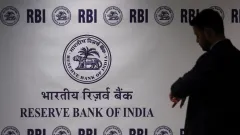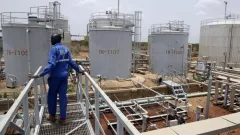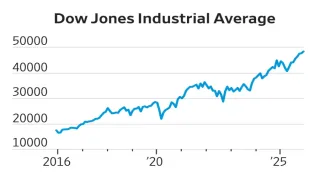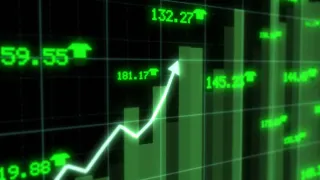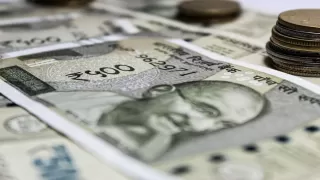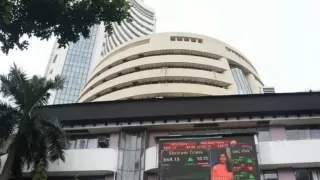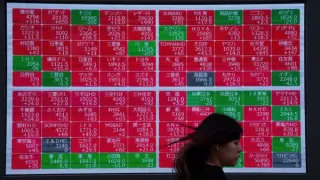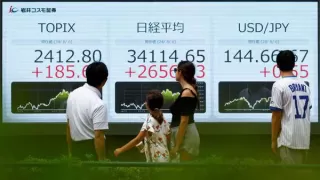Israel Stock Exchange: Brushing aside rising tensions with Iran and fresh reports of an attack targeting the exchange, the Tel Aviv Stock Exchange hit a 52-week high today, June 19. Despite geopolitical tensions, Israel's stock market showed resilience, with investors continuing to buy local equities amid uncertainty.
Israel Stock Market: Shining Green
The Israeli Stock Exchange building was damaged after Iran fired 25 missiles at Israel in the latest attack, Al Jazeera reported on June 19. Nevertheless, the Tel Aviv Stock Exchange's All Share Index rose 0.5% to a 52-week high of 2,574.89. Other indexes such as the TA-35 and TA-125 were also trading in the green and were at their 52-week highs of 2,810.85 and 2,850.08, respectively.
The Israeli Stock Exchange's flagship index TA 125 has been on a rally since the start of the war between Iran and Israel on June 13, gaining 5% during this period. The index has gained nearly 5% so far in June, building on the 6.55% rise seen in May and the 4.53% increase recorded in April.
AFP confirmed reports of Iranian missile attacks on Israel. News reports said a hospital in southern Israel and two towns near Tel Aviv were hit after a barrage of Iranian missiles on Thursday morning.
Prime Minister Benjamin Netanyahu warned that Iran would 'pay a heavy price' after the attack on Soroka hospital in Beersheba, southern Israel, while Defense Minister Israel Katz said the military had been ordered to 'intensify' attacks on Iran.
Sirens sounded across Israel early on Thursday as the military said it had detected missiles coming from Iran, and AFP journalists reported hearing loud explosions in Tel Aviv and Jerusalem, the news agency reported. A military official said "dozens of ballistic missiles" had been fired at Israel.
Global stock markets under pressure
The Iran-Israel war, which entered its seventh day today, has kept global stock markets on edge, while the stock market in Israel continues to rally.
In Europe, stock markets fell for a third day, with the STOXX 600 down nearly 2.5% this week, its biggest week-on-week drop since the tariff-induced turmoil in April.
US S&P 500 futures fell 0.6%, though most US markets, including Wall Street and the Treasury market, will be closed on Thursday for a public holiday. The gloomy mood hit Asian stocks, with Taiwan's stock benchmark falling 1.5%, and Hong Kong's Hang Seng down 2%.
Indian stock markets appeared resilient, down only 0.05% in afternoon trade.










